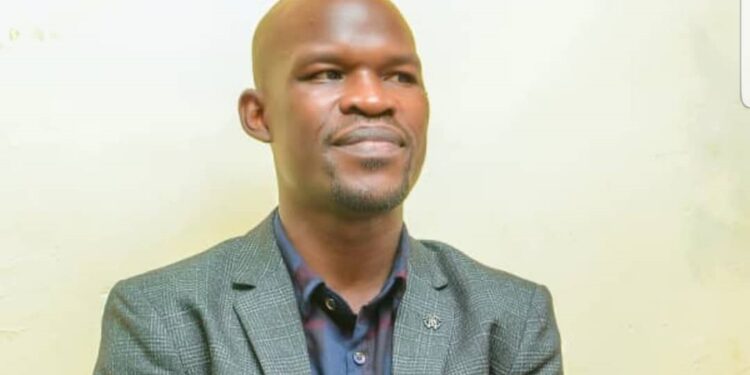Uganda, a beautiful African nation, known to be the Pearl of Africa is grappling with numerous challenges that hinder its socio-economic growth. While tax reforms have often been a topic of debate, it is crucial to recognize that the real barriers to progress lie in poor governance and pervasive corruption. This article highlights the pressing need to prioritize addressing governance issues rather than solely focusing on tax reforms in Uganda.
Governance Determines Economic Well-being, effective governance is the cornerstone of any vibrant economy. Unfortunately, Uganda has struggled with governance concerns, such as limited transparency, weak accountability mechanisms, and inefficient public service delivery. These challenges have hindered the government’s ability to effectively utilize tax revenues and allocate resources to areas of greatest need. It is imperative to address these concerns before considering any tax reforms.
Corruption, a Stranglehold on Development, it remains a significant obstacle to Uganda’s development. Corruption drains public resources and erodes trust between citizens and the government. Tax reforms alone cannot combat corruption effectively. Instead, a comprehensive approach focusing on strengthening anti-corruption institutions, enhancing accountability frameworks, and promoting transparency is needed. By tackling corruption head-on, Uganda can create an environment conducive to sustainable economic growth and attract foreign investments.
Prioritizing Social Development, Uganda faces critical social challenges, including inadequate healthcare, education, and infrastructure. These issues require significant financial commitments and efficient allocation of resources. By addressing governance and corruption concerns, the government can ensure that tax revenues are channeled towards social development projects. Ensuring that funds are utilized effectively and efficiently will directly benefit the impoverished and marginalized populations in different regions of the country.
Building Trust and Citizen Participation, Poor governance and corruption contribute to a lack of trust between the government and its citizens. Engendering trust requires strong institutions, transparency, and active citizen participation. Uganda needs to create platforms for citizens to engage in the decision-making process, provide feedback, and hold the government accountable. By fostering an inclusive and participatory democracy, Uganda can bridge the disconnect between the state and its people.
Collaboration and International Support,
Addressing governance challenges requires a collaborative effort. International support, in terms of technical assistance and capacity building, can play a vital role. International organizations and development partners can assist Uganda in strengthening its institutional frameworks, promoting transparency, and implementing effective anti-corruption measures beyond the State House anti – corruption Unit which is targeting small thieves, there is a need for Cooperation at both regional and global levels this will ultimately enhance Uganda’s ability to overcome governance and corruption hurdles.
While tax reforms are often touted as a panacea for economic growth, it is crucial to recognize that poor governance and corruption are the true obstacles hampering Uganda’s progress. By addressing these issues head-on, the government can unlock its true potential, ensuring effective utilization of tax revenues and driving sustainable development. It is high time for Uganda to prioritize governance reforms, enhance transparency, and build a society where the benefits of economic growth are shared by all.
The author is a Social Development specialist and CEO Bridge Your Mind Center
Do you have a story in your community or an opinion to share with us: Email us at editorial@watchdoguganda.com












